Can Hamsters Eat Tomatoes?
With a high intake of nutrients, vitamins, and minerals, tomatoes are delicious, healthy, hydrating, and low-calorie snacks for humans. So the question remains, “Can hamsters eat tomatoes?”
Yes is the short answer, however, in moderation.
As far as your hamsters are concerned, they need a variety of food, including commercial hamster pallets, fresh fruits, vegetables, seeds, and animal protein. However, certain fruits are not safe and healthy for your pet hamsters, and tomatoes are one such fruit.
Can Hamsters Eat Tomatoes- More You Need to Know
Generally speaking, tomatoes are safe if enjoyed rarely and in small amounts as an occasional treat. You can give a small piece of tomato to your furry friend. However, providing large quantities or giving tomatoes often can harm your little hamster.
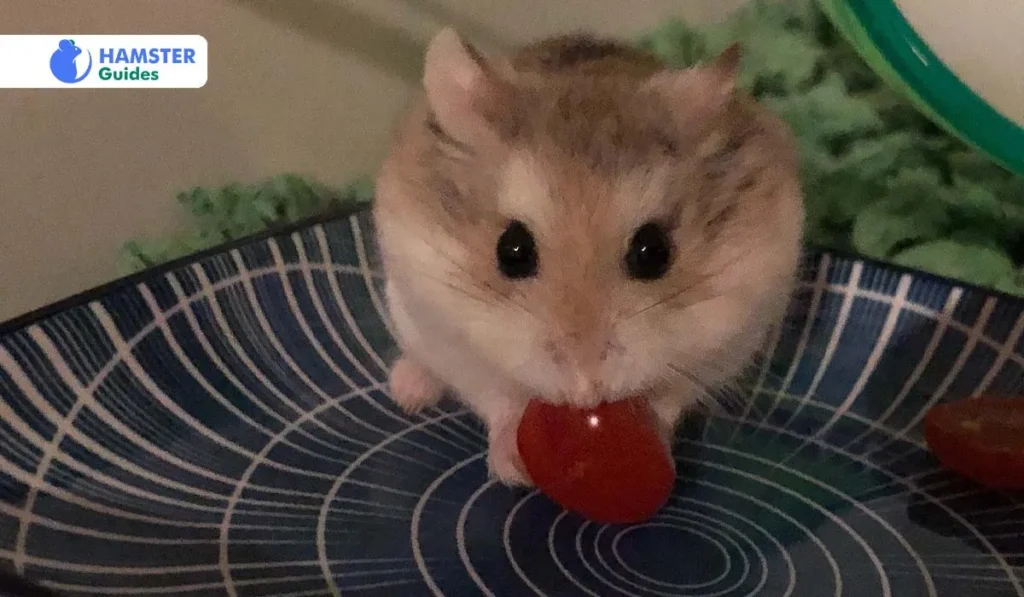
Ensure that seeds and skin are removed before giving tomatoes to your hamsters, as these parts are challenging to digest. Moreover, gradually introduce tomatoes, as with any new food, and observe if any signs of discomfort appear. In that case, discontinue the sweet treat and consult your vet.
Fun Fact: Because tomatoes develop from a flower’s ovary and contain seeds, they are technically a fruit and not a vegetable, as is commonly believed.
Why Tomatoes Are a Safe Choice?
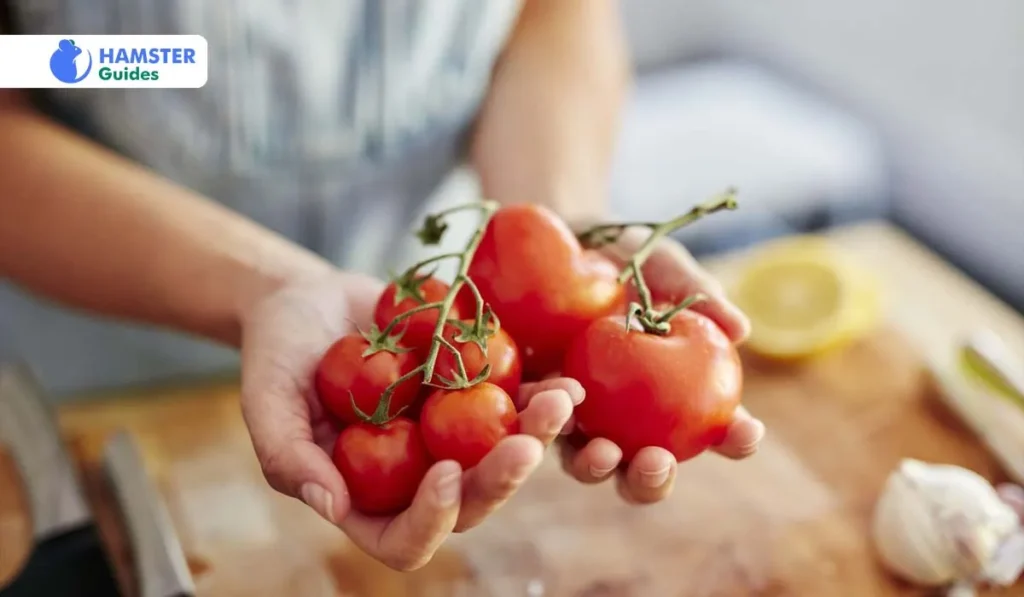
These delicious, juicy perks, often added to human diets, can also prove significant for hamsters. If appropriately given the right amount at the right time, tomatoes offer a range of benefits that complement your hamsters’ diet and contribute to their overall well-being.
These benefits make tomatoes a fine choice for your hamsters’ diet. However, make sure to take moderation into account for better digestion and overall well-being of the chewy hamsters.
Top Tip: The best hamster food should include about 3-6% fat and between 12-24% protein. If you are caring for pum or pregnant hamsters, you need a higher percentage of both
The Dangers of Overfeeding Tomatoes
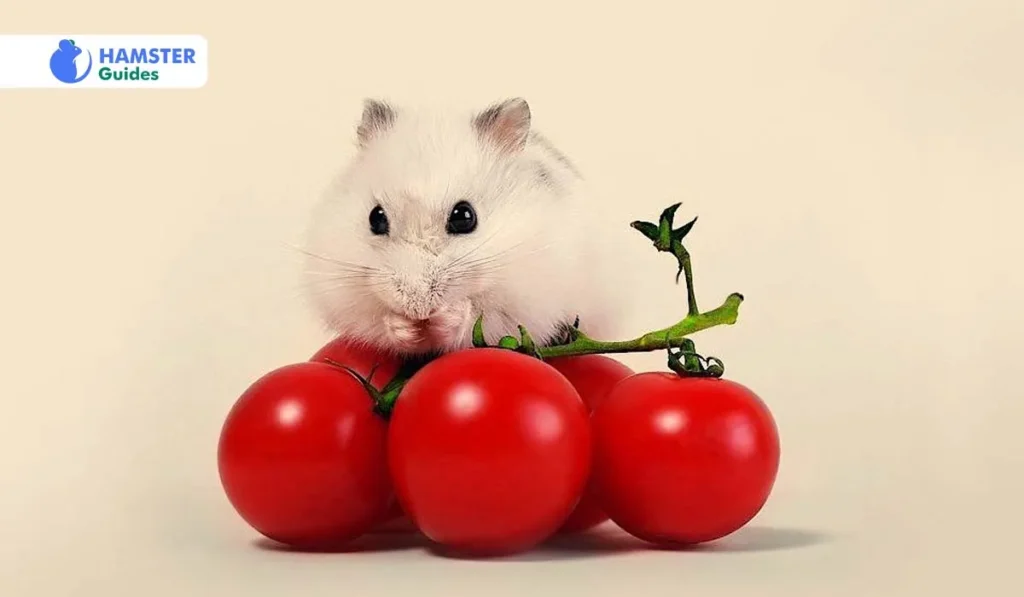
While tomatoes seem like a healthy addition to hamsters’ diets, they are part of the nightshade family and can contain tomatine. Tomatine can cause gastrointestinal problems such as vomiting and diarrhea. Moreover, overfed tomatoes can pose numerous other risks to your little pet.
Digestive Issues
Tomatoes are highly acidic, and their high acidity can upset your hamster’s stomach. It can lead to serious intestinal issues, such as diarrhea or other gastrointestinal issues. To avoid these problems, gradually introduce tomatoes to your hamsters in small amounts.
Obesity
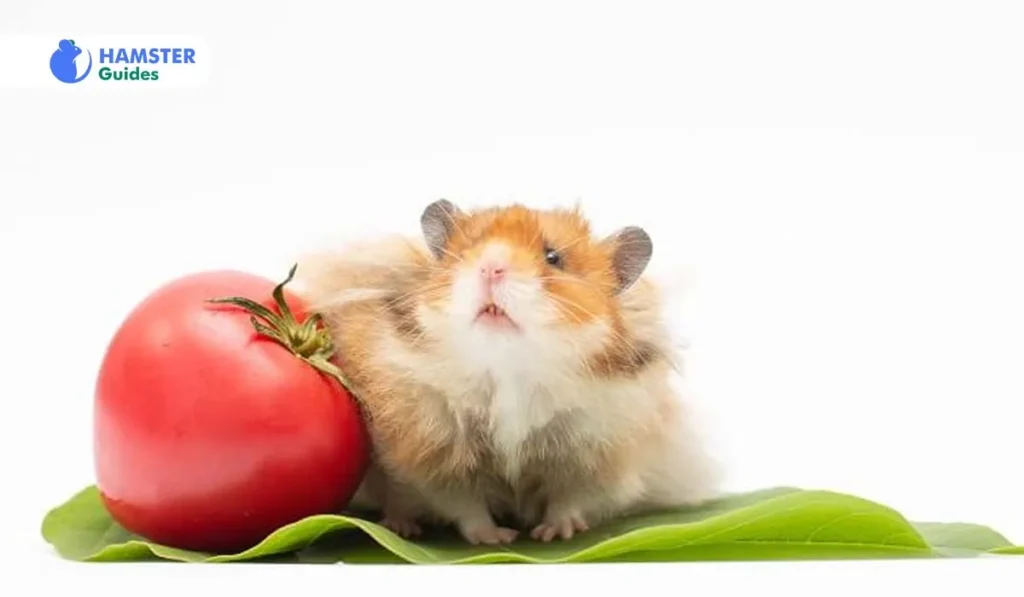
Tomatoes contain natural sugar that, if given excessively, can cause obesity. Obesity can further lead to numerous health issues, such as diabetes, heart problems, and a shorter lifespan. To overcome these problems, limiting the quantity of tomatoes is crucial.
Choking Hazards
If not cut into proper, small, and manageable pieces, tomatoes can cause serious choking hazards. Moreover, the small-sized tomatoes make it easy for hamsters to swallow the whole thing, which can cause gasping danger. Remember to cut tomatoes into small, bite-sized pieces to decrease the risk of choking hazards.
Allergic Reaction
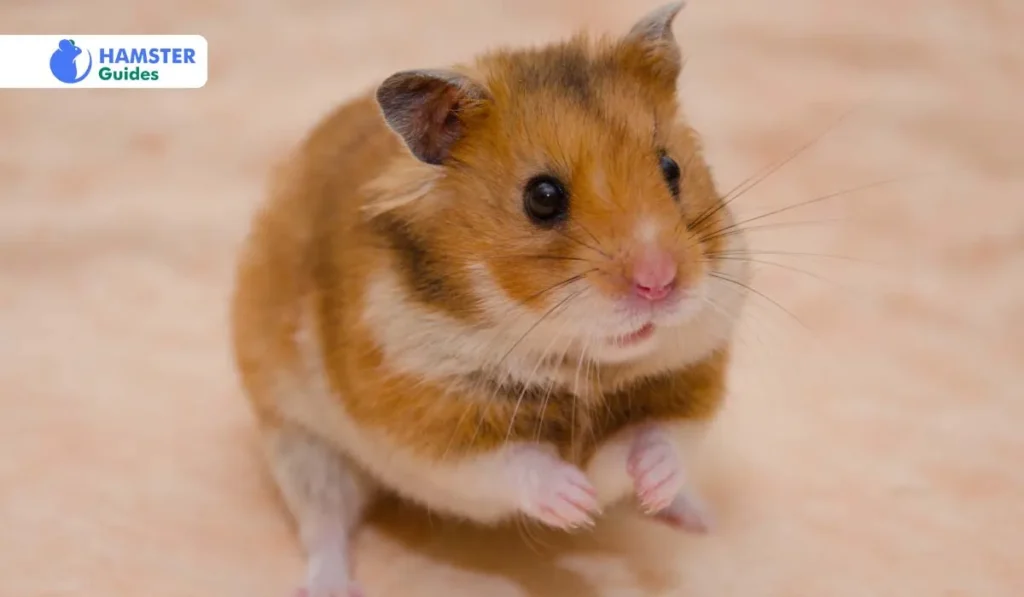
Very Rare, but some hamsters are allergic to tomatoes. The signs of allergy include itching, swelling, or difficulty breathing. Stop immediately and consult your vet if you observe these signs after feeding tomatoes.
Dental Problems
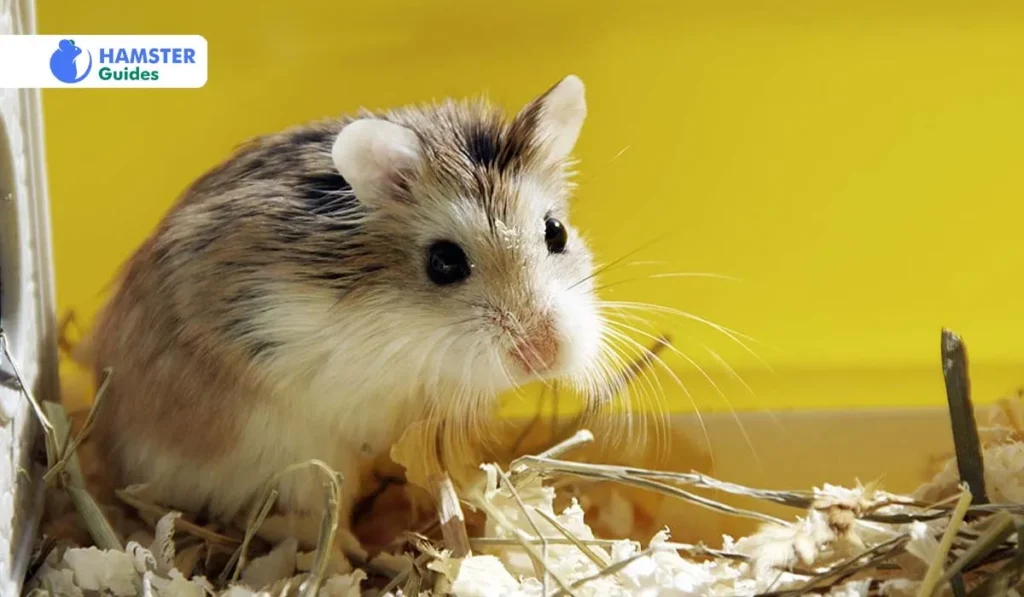
Giving your hamsters too many tomatoes can lead to dental problems. The high intake of sugar can cause tooth decay or cavities. To mitigate risks of dental issues, maintain a balanced diet and provide proper dental care.
Nutritional Imbalance
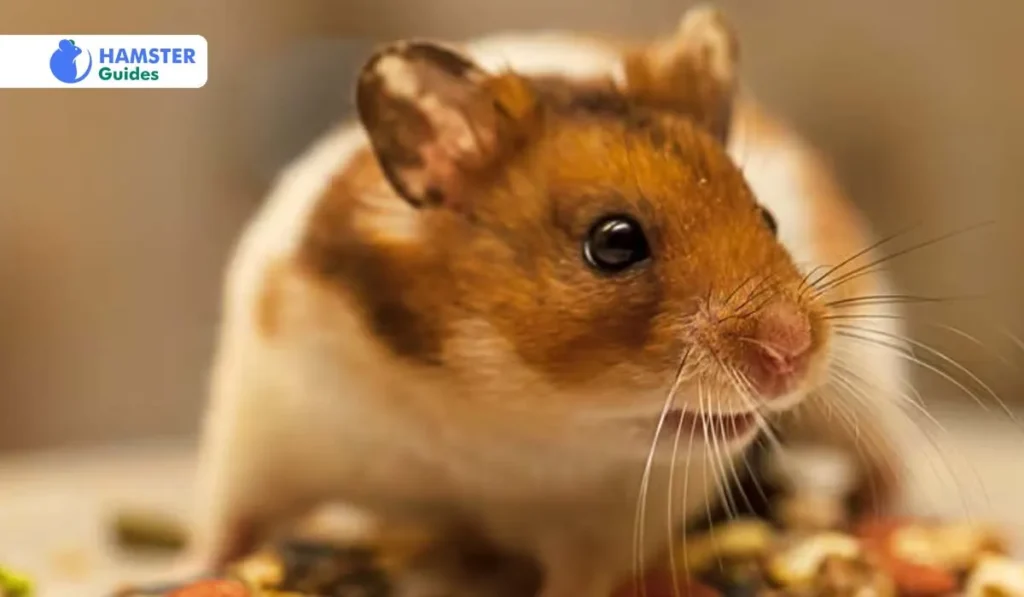
Replacing your hamsters’ regular diets with tomatoes leads to nutritional imbalance. As tomatoes do not contain all the required nutrients, offering complete nutritional diets to your hamsters is essential.
Can Hamsters Eat Tomato Sauce?
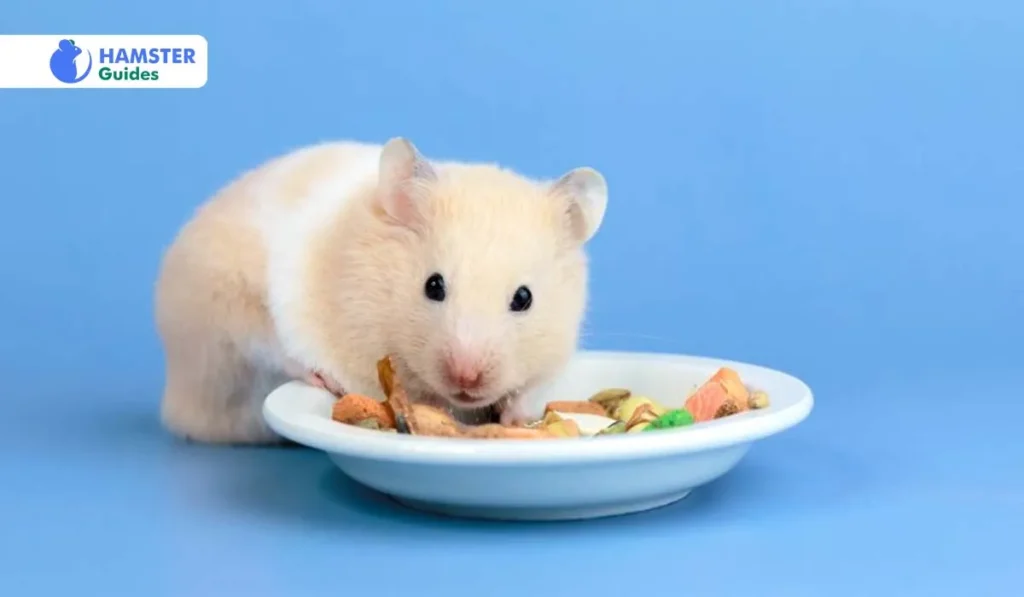
The next thought that looms over the hamster owner’s mind is that giving tomatoes in some other form may prove great. So, if you wonder, “Can hamsters eat tomato puree or tomato sauce?” you must know that tomato sauce is highly unrecommended as the tomato sauce or tomato puree is typically high in salt, sugar, and other additives that are not suitable for hamsters and can prove harmful.
Instead, you can consider feeding fresh and ripe tomatoes as occasional treats.
Additional Information: Despite their small size, hamsters can eat a surprising variety of tomatoes, but their digestive system is very sensitive.
Safely Feeding Tomatoes to Your Hamsters
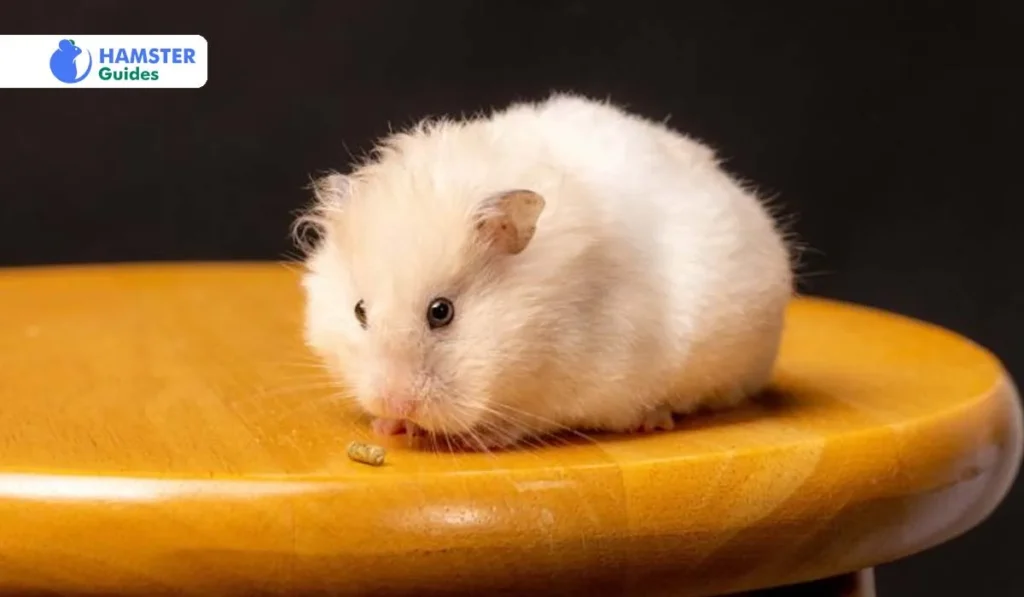
Here is a table that provides guidelines on serving tomatoes to your hamsters, ensuring they can receive high nutrients without harm.
| Aspect | Details |
| Frequency | Occasionally, as a treat |
| Quantity | A small piece, about the size of a fingernail |
| Preparation | Wash thoroughly to remove dust, pesticides, or chemicals, and peel off the skin |
| Serving size | Cut into small, bite-sized pieces |
| Supervision | Supervise your hamsters while they eat, to ensure they don’t overeat or have any issues |
| Reaction | Observe your hamsters for any signs of digestive upset or allergies |
| Source | Use fresh, ripe tomatoes from trusted sources, and avoid canned and processed tomatoes |
| Variety | Offer a variety of foods, along with tomatoes, to provide a balanced diet |
| Consulting a Vet | In case of an emergency or to seek further guidance, consult your veterinarian. |
Some Healthy Alternatives to Tomatoes
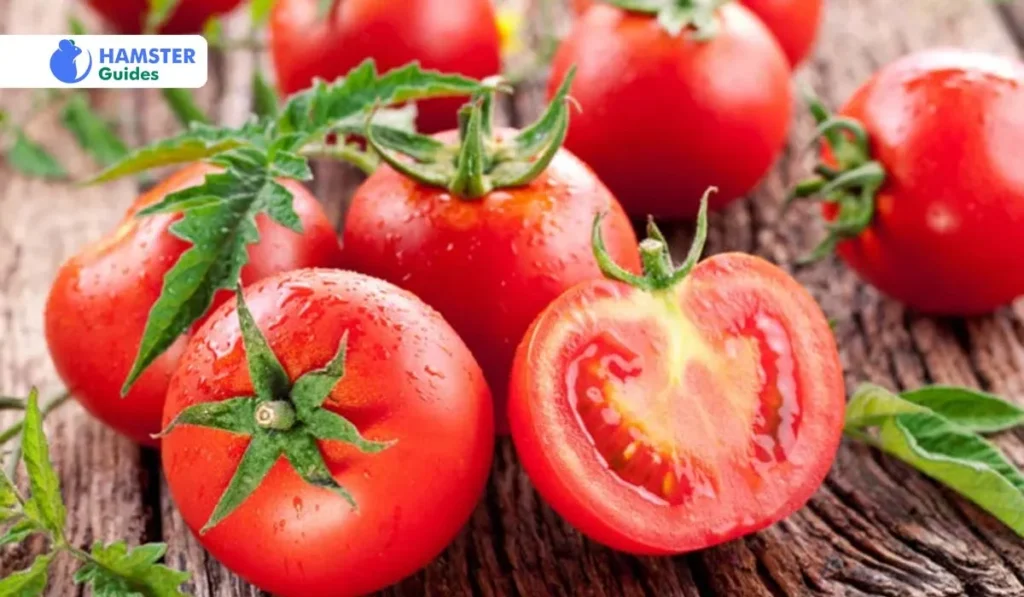
It is mandatory to provide your hamsters with a balanced diet offering all the required nutrients that are essential for your hamster’s health and overall well-being. While fresh fruits and veggies are popular choices, it is also important to consider other healthy options like animal protein.
The Final Words
Tomatoes are highly acidic and can cause gastric problems. Moreover, if not fully ripened, they contain tomatine, which can be toxic for your hamsters. However, you can offer a very small amount of tomato flesh to your adult hamster, but remember that tomatine also exists in the leaves and stems of tomatoes. Further, consider healthy alternatives, such as other fresh fruits, veggies, and mealworms, to provide a proper balanced diet to your little domestic rodents.
Disclaimer: This article is for informational purposes only and does not replace professional veterinary advice. Always consult with an exotic pet veterinarian before introducing new foods to your hamster’s diet.







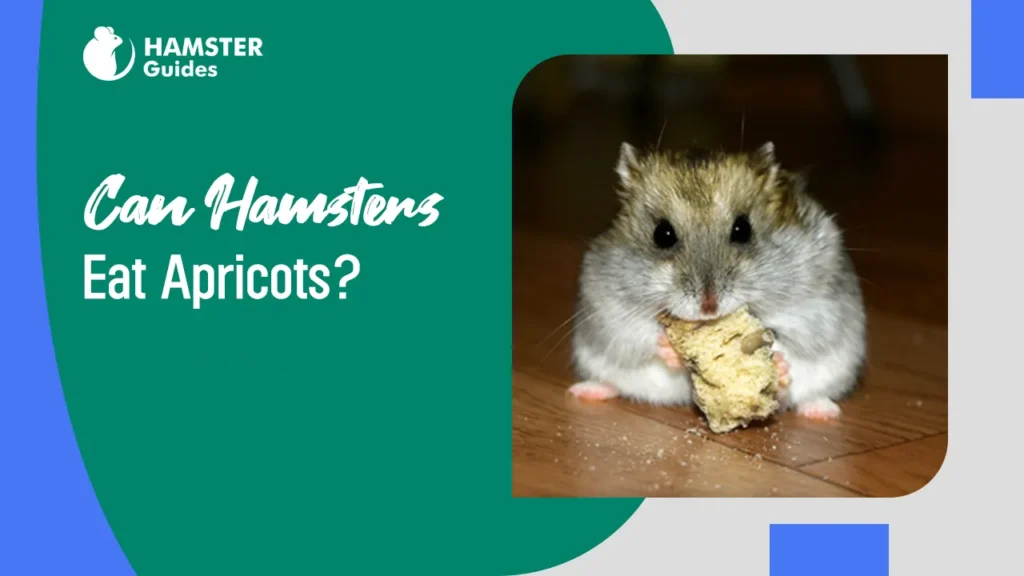

Leave a Reply